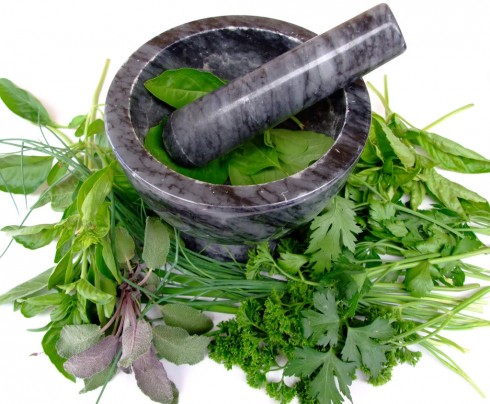 I’m one of those people who believes in synthesizing folk-knowledge and science, but I’m also a firm believer in hearing out the voice of reason. That’s why I found this article in the Irish Times so interesting.
I’m one of those people who believes in synthesizing folk-knowledge and science, but I’m also a firm believer in hearing out the voice of reason. That’s why I found this article in the Irish Times so interesting.
‘PLANTS HAVE been trying to kill us, not cure us,” says Dr Henry Oakeley, the garden fellow at London’s Royal College of Physicians.
Now, before you think this is some madman rambling on about The Day of the Triffids, hear him out.
Citing as an example the use of blue liverwort, Hepatica nobilis , once cultivated as a liver tonic because its three-lobed leaf form mirrored the shape of the liver, he says, “It was absolute rubbish. They had no idea how the body worked.
I once believed that herbal remedies were discerned on a trial and error basis – in some cases it’s true, but, in others…
In the 1880s, at the height of its popularity, those taking it to cure feelings of “liverishness” were stuck down by jaundice because the plant was in fact toxic to the liver.
I can almost envision a Victorian-era version of Anne Landers, or even Sanjay Gupta, utilizing their broadsheet column to espouse the value of Valentine’s candy boxes as protection against heart disease.

Oddly, the whole thing strikes me as very much in the same vein as the more modern popular wisdom regarding birds exploding after consuming wedding rice.
In a recent [1996] column, Landers warned readers that throwing rice at weddings is unhealthy for our feathered friends: “Please encourage the guests to throw rose petals instead of rice. Rice is not good for the birds.”
“This silly myth pops up periodically, and it is absolutely unfounded,” responded rice expert Mary Jo Cheesman at the USA Rice Federation. Many migrating ducks and geese depend on winter-flooded rice fields each year to fatten up and build strength for their return trek to northern nesting grounds.
– Snopes
– and, hopefully, I don’t need to remind anyone regarding the truth surrounding the once mythologized “Spanish Fly”.
Spanish fly, or cantharides as it is sometimes called, is often given to farm animals to incite them to mate. When ingested, preparations containing cantharides once excreted in the urine irritate the urethral passages, causing inflammation in the genitals and subsequent priapism […] cause[s] painful urination, fever, and sometimes bloody discharge. They can cause permanent damage to the kidneys and genitals.
– wikipedia
The Irish Times article goes on to mention several herbs that do actually have medicinal applications, along with accompanying blurbs as to how they were discovered and observed to work. The lesson – as it is regarding many topics – is that research is an important step before jamming some odd bit of vegetation into your gullet.
Finally, the doctor closes with this great bit of foresight:
“I promise you, in 50 to 100 years’ time, people will be as rude about most of the medicines we take today as I am about peony root.”
(Dang – I’ve just discovered I’ve been scooped on this story by a posting at BoingBoing. My apologies to anyone who finds this all to be old news.)
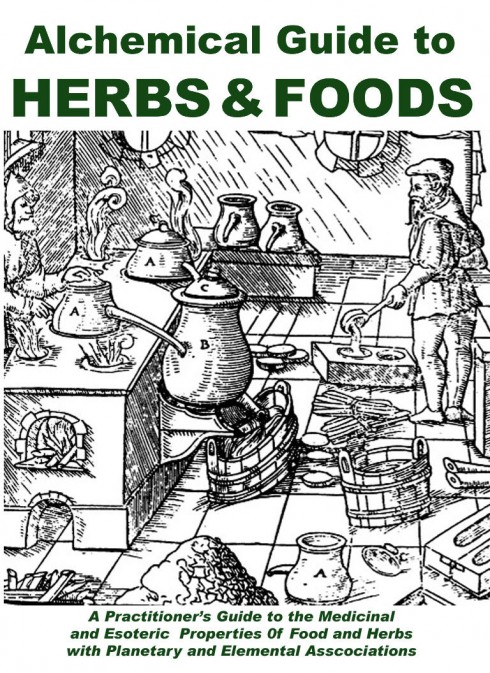
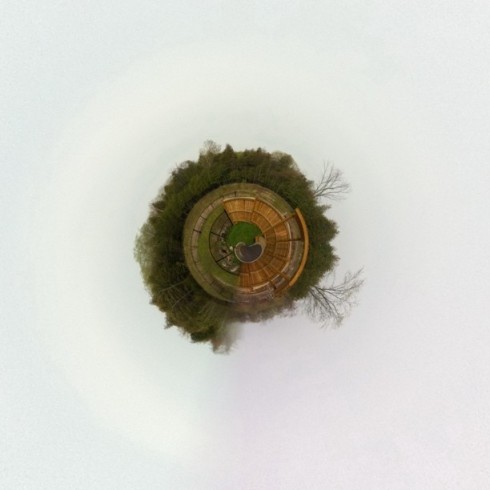


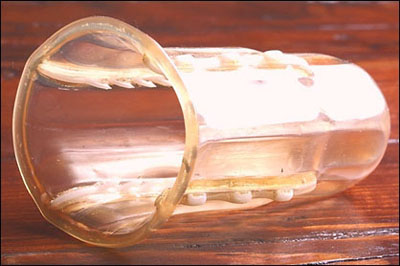

 Nazis: the villain so evil they’re practically a cartoon.
Nazis: the villain so evil they’re practically a cartoon.

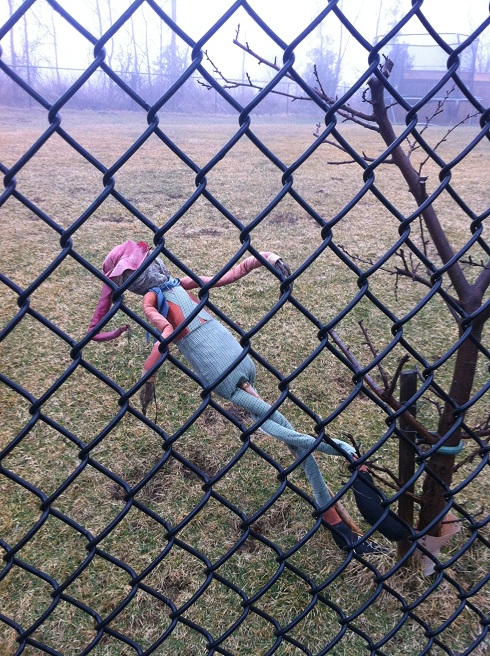

 I’m one of those people who believes in synthesizing folk-knowledge and science, but I’m also a firm believer in hearing out the voice of reason. That’s why I found
I’m one of those people who believes in synthesizing folk-knowledge and science, but I’m also a firm believer in hearing out the voice of reason. That’s why I found 
